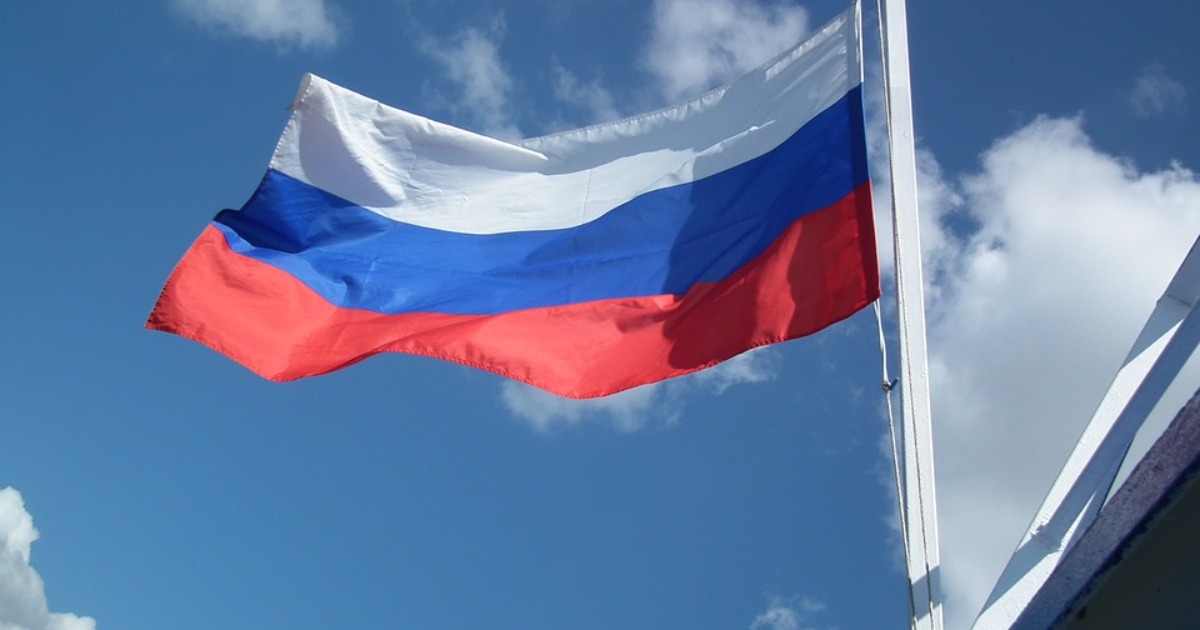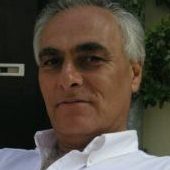Russia’s “Civilizational” Push into Africa
Putin’s post-Soviet world remains a work in progress, but Africa already looms.
January 21, 2022

Russian President Vladimir Putin’s disruptive and expansive nationalist ideology is the main underpinning of his nation’s foreign policy orientation.
This has been apparent in his aggressive approach to Ukraine since 2014 with the annexation of Crimea, as well as in the stoking of insurgencies in the east of the country.
Kazakhstan and beyond
His ideology also sets the context for this month’s brief intervention in Kazakhstan, even if in contrast to what happened in Ukraine, it was at the invitation of the Kazakh government.
Mr. Putin’s nationalist push in territories that were once part of the Soviet Union help Russia compensate for the strategic depth it lost with the demise of communism in Europe and the collapse of the USSR.
Russian civilizationalism
However, it threatens to rupture relations between Russia and the West and could even potentially spark a war
Regardless, Mr. Putin appears to be putting building blocks in place that would justify expanding his Russian World in one form or another, beyond the boundaries of the erstwhile Soviet Union.
Russian civilisationalism is proving handy in the attempt to expand these imaginary boundaries, whose frontiers are defined by Russian speakers and adherents to Russian culture rather than international law and/or ethnicity.
First in line: the Central African Republic
Standing first in line is the Central African Republic. This is a resource-rich but failed state that has seen its share of genocidal violence.
It is situated far from even the most expansive historical borders of the Russian empire. Yet, the republic could eventually qualify to be part of the Russian World, according to Mr. Putin’s linguistic and cultural criteria.
Role of mercenaries
Mercenaries are playing an important role in this process. The Wagner Group, for example, is a private military company owned by one of Mr. Putin’s close associates.
Small units of it entered the Centra African Republic after French troops had handed over control to a United Nations peacekeeping force in 2016. Five years later, Wagner has rights to mine the country’s gold and diamond deposits.
Studying Russian in Africa
Perhaps unsurprisingly, the Russian mercenary presence persuaded President Faustin-Archange Touadera that the African republic should embrace Russian culture.
As a result, university students have been obliged to follow Russian-language classes starting as undergraduates in their first year until their second year of post-graduate studies.
The mandate followed the introduction of Russian in the republic’s secondary school curriculum in 2019.
Mr. Touadera is expected to ask Mr. Putin for Russian-language instructors during a forthcoming visit to Moscow to assist in the rollout.
Is the Sahel nation next? Last month, units of the Wagner Group moved into the Sahel nation at the request of a government led by army generals who have engineered two coups in nine months.
The generals face African and Western sanctions that could make gaining the support of Russia an attractive proposition.
Pitfalls of the civilizational view of international relations
It is unlikely that Mr. Putin would want to formally welcome sub-Saharan and Sahel states into his Russian World.
However, these developments illustrate the pitfalls of a redefinition of internationally recognized borders as civilizational and fluid, rather than national, fixed, and legally enshrined.
Might could become Right
For now, African states do not fit Mr. Putin’s bill of one nation as applied to Ukraine or Belarus. However, using linguistics as a monkey wrench, he could, over time claim them as part of the Russian world based on an acquired language and cultural affinity.
Mr. Putin’s definition of a Russian World further opens the door to the dominance of the principle of might is right in foreign affairs.
Is the West any different?
Some critics of Mr. Putin’s concept of a Russian World note that Western wars allegedly waged out of self-defense and concern for human rights were also about power and geopolitical advantage.
For example, political analyst Peter Beinart notes that NATO-led wars in Serbia, Afghanistan, and Libya “also extended American power and smashed Russian allies at the point of a gun.”
Losing the moral high ground
The criticism doesn’t weaken the legitimacy of the US and Western rejection of Russian civilizationalism. However, it does undermine the United States’ ability to claim the moral high ground.
It further constrains Western efforts to prevent the emergence of a world in which the violation of national borders becomes the accepted norm.
Conclusion
If Russian interventionism aims to change borders, US interventionism often sought to change regimes.
That is one driver of vastly different perceptions of the US role in the world, including Russian distrust of the post-Soviet NATO drive into Eastern Europe and former Soviet states such as Ukraine.
Takeaways
Mr. Putin is putting building blocks in places to justify expanding his Russian World even as far as Africa.
The push to expand Russia’s notional borders helps to compensate for the strategic depth lost with the demise of communism in Europe and the collapse of the USSR.
The resource-rich Central African Republic is situated far from even the most expansive historical borders of the Russian empire. Yet, it could qualify to be part of the Russian World, according to Putin’s linguistic and cultural criteria.
Mercenaries belonging to private military companies are playing a role in expanding Russian influence.
Russian language classes have become mandatory for university students in the Central African Republic. The mandate followed the introduction of Russian in the republic’s secondary school curriculum in 2019.
Russian civilisationalism is proving handy in the attempt to define frontiers by Russian speakers and adherents to Russian culture, rather than international law and/or ethnicity.

